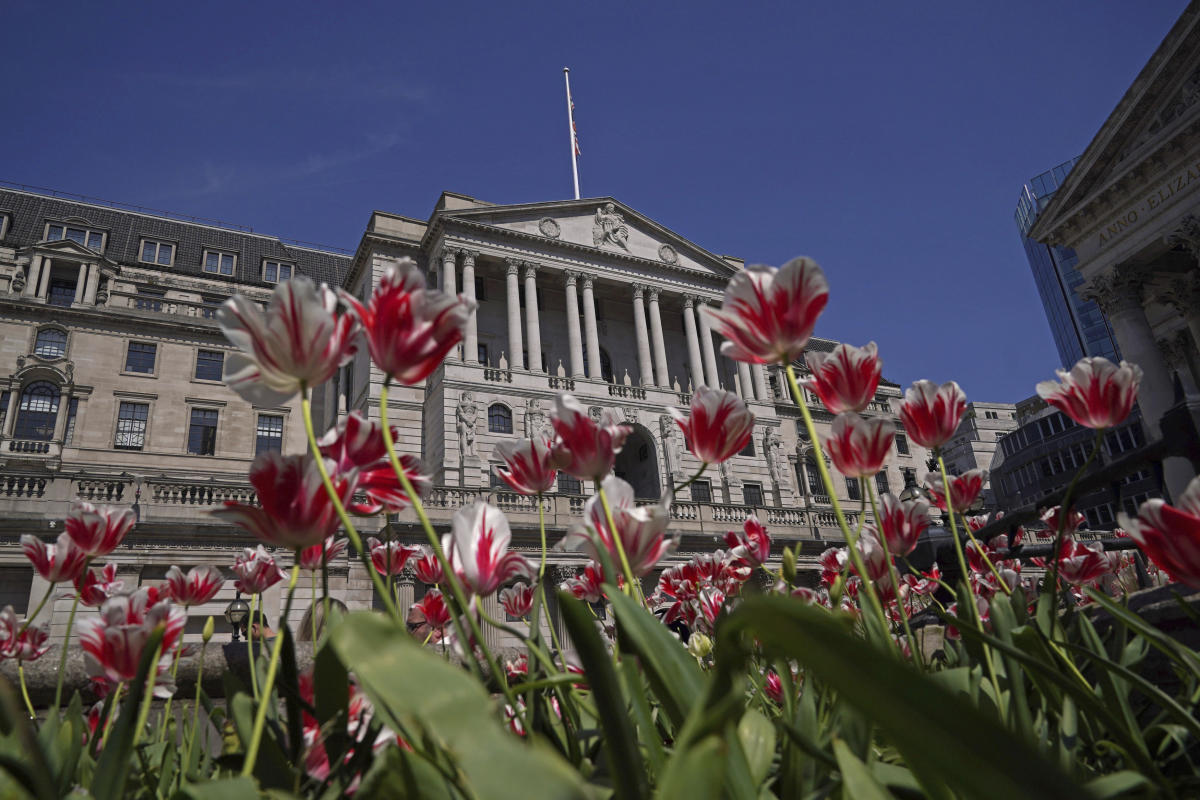The Bank of Japan’s March meeting saw policymakers divided on whether the economy was strong enough to withstand an exit from ultra-loose monetary policy. This uncertainty suggests that the next interest rate hike may not happen soon. The BOJ recently ended eight years of negative interest rates and other unconventional policies, marking a significant shift in its approach to boosting economic growth.
During the meeting, some policymakers believed that recent data, such as significant wage hikes offered by large companies, supported the decision to end ultra-loose policy. They argued that the goal of achieving sustained 2% inflation was within reach. However, others on the nine-member board called for further examination of wage increases among smaller firms and the impact of rising labor costs on service prices.
Despite the decision to exit ultra-loose policy at the March meeting, there were concerns about the need for cautiousness in raising interest rates quickly, as the economy may not be ready for rapid hikes. The vote to end this policy was 7-2, with former academic Asahi Noguchi and ex-corporate executive Toyoaki Nakamura in dissent.
Overall, the summary of opinions from the Bank of Japan’s March meeting highlights the ongoing debate within the central bank about the appropriate timing and pace of monetary policy changes.


